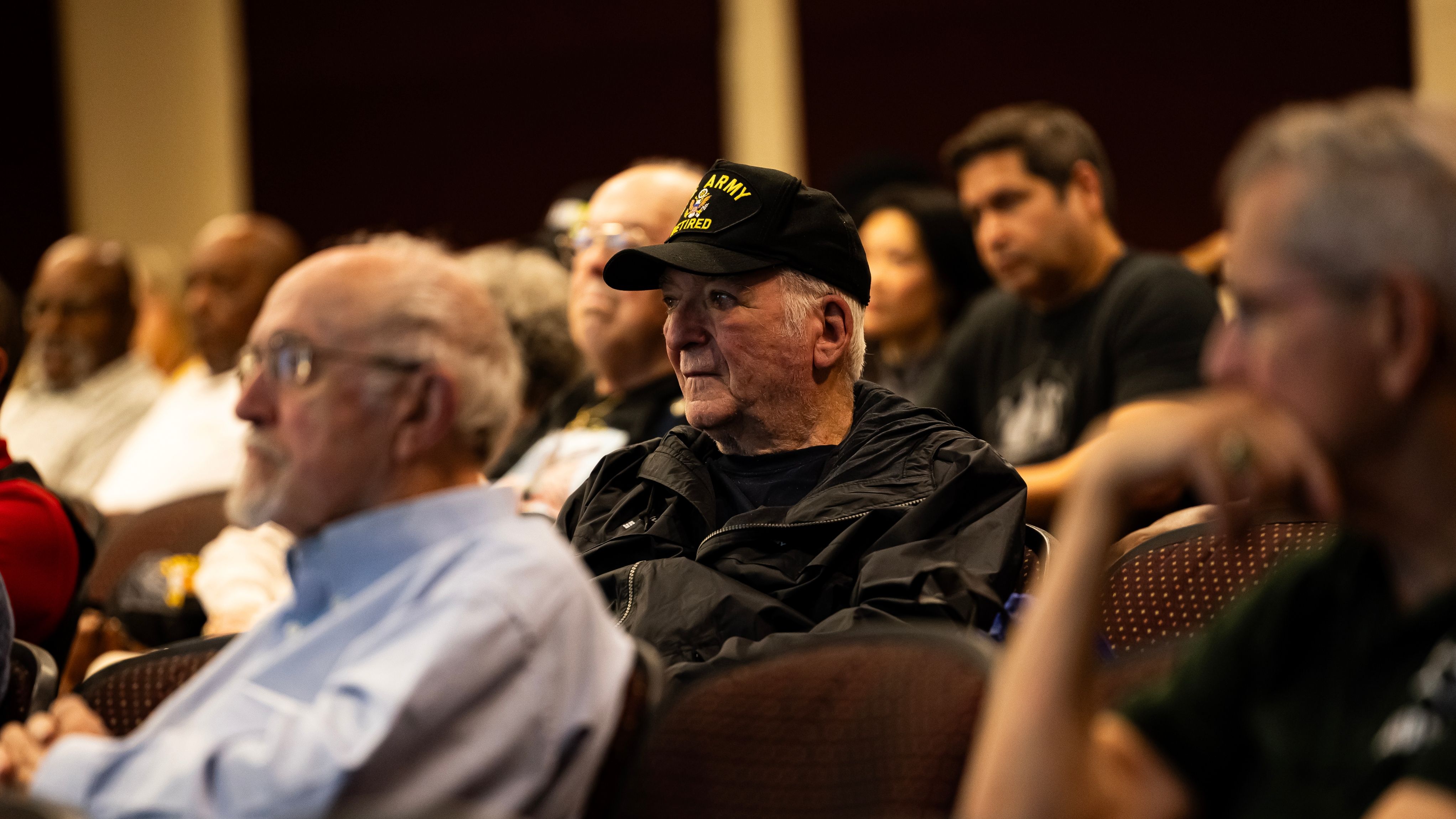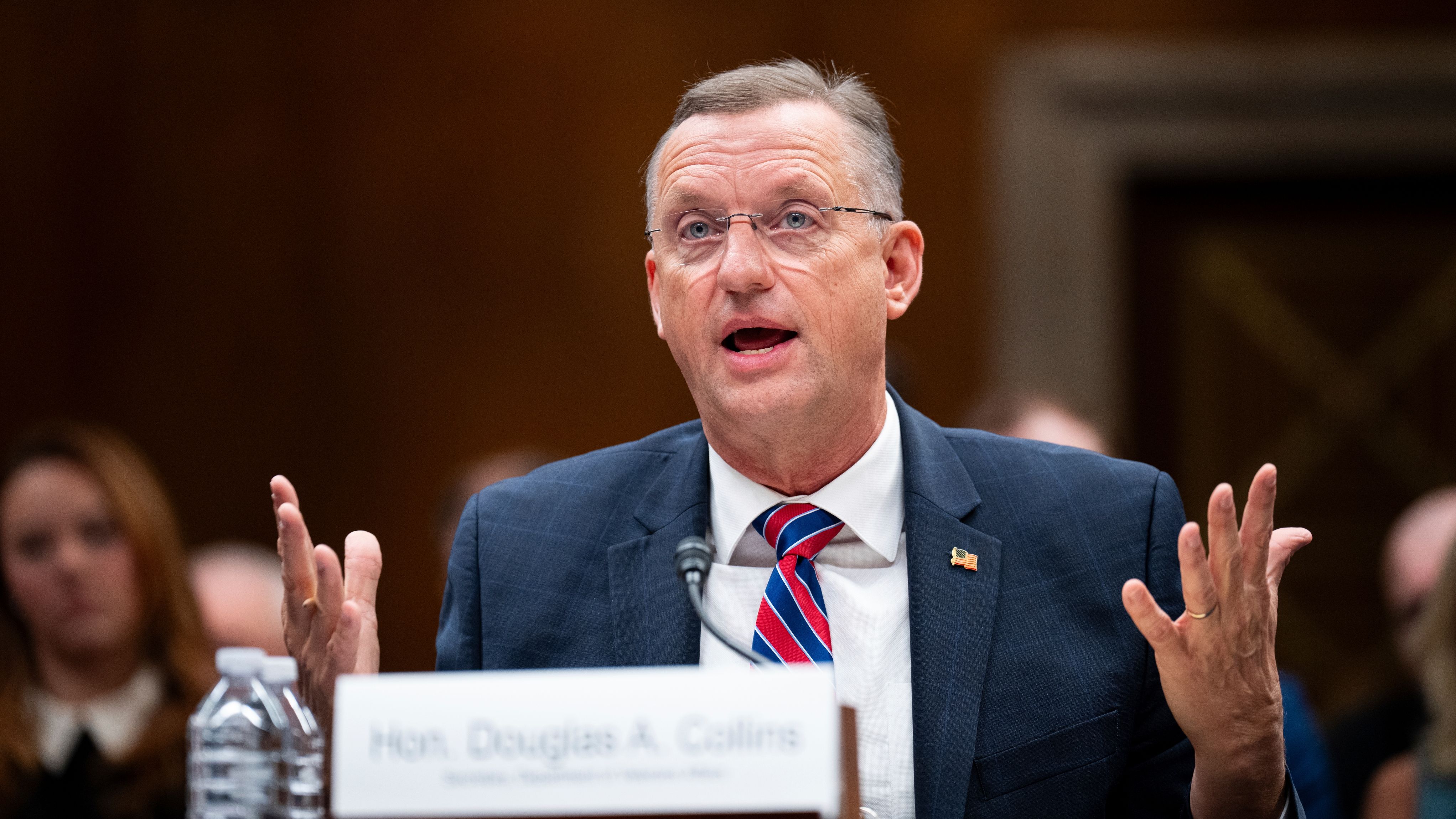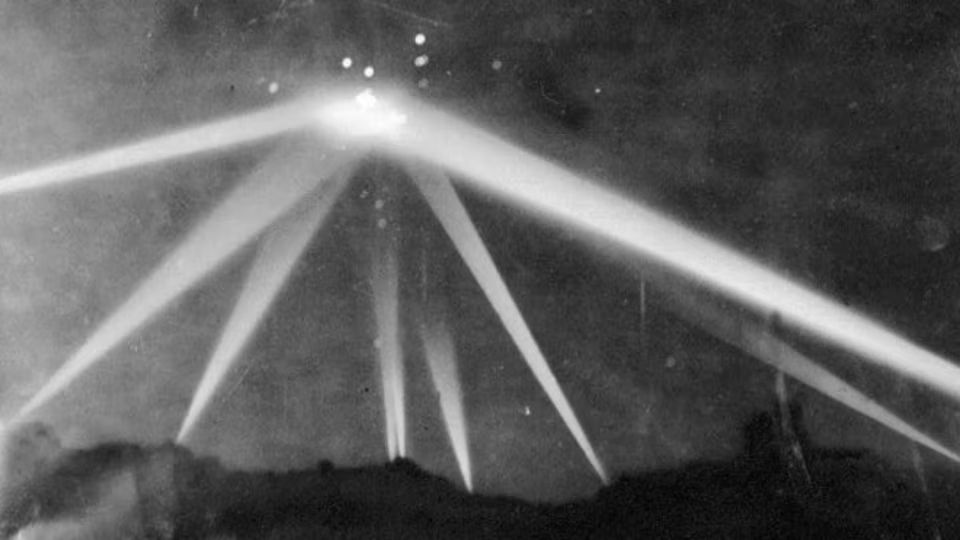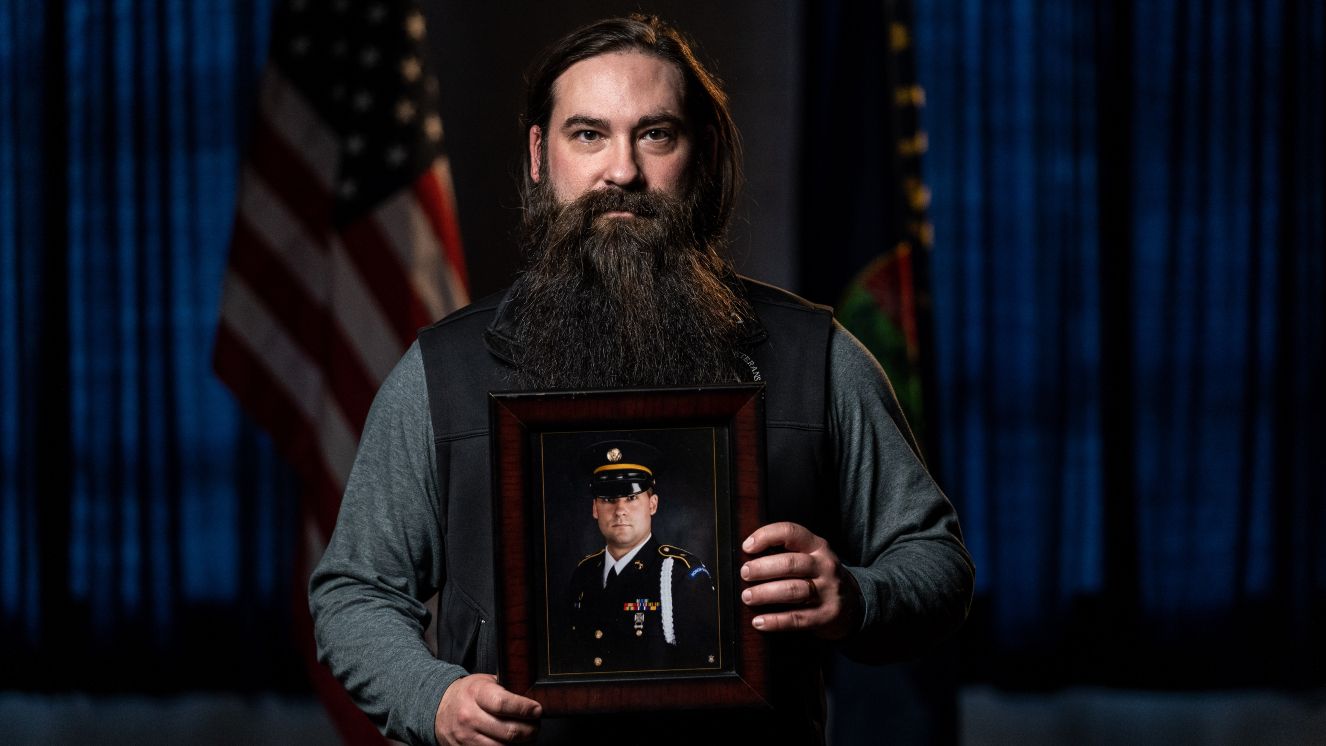ANTÓNIO GUTERRES WANTS THE UN TO TAKE ON AI BEFORE IT’S TOO LATE
COMMENT
SHARE

Sometimes it's better when you can get ahead of certain things before they become problems. It’s a bit difficult to say if that is fully being achieved with artificial intelligence (AI), but António Guterres wants to make sure the United Nations are paying proper attention to the technology. UN Secretary General António Guterres understands the concerns, challenges, and threats AI continues to bring each day. Now, he’s calling for an international governing body to regulate how the technology is used. Related read: 100 Hilarious AI-Generated Images With a Military Theme
Where is António Guterres From?
António Guterres is from the City of Seven Hills, better known as Lisbon, Portugal. Fluent in many different languages, Guterres was appointed to his position as UN Secretary-General bringing his experience as a two-term Prime Minister of Portugal from 1995 to 2002 with him. Today, Guterres has many pressing issues to tackle. Frankly, the two that come to mind involve the War in Ukraine and China’s aggression, both notable global problems, but it’s safe to say there are a host of other issues the UN is monitoring that fall under the average American’s radar. One of the concerns UN Secretary-General António Guterres is choosing to address, however, is the influx of AI and its threat to world peace. Considering how powerful this emerging tech already is, he seems to have a point. Suggested read: The Final Released Documents from JFK's Assassination
UN Concerns Surrounding AI Are Far from Unprompted
UN Secretary-General António Guterres proposes the creation of a new international body by the United Nations to govern the use of AI. He believes this approach will enable globally agreed-upon rules for monitoring and regulating AI, akin to other UN bodies managing nuclear energy, aviation safety, and climate change challenges. The push by António Guterres comes after the UN has already deployed AI in multiple use cases, including monitoring ceasefires and detecting violence patterns, but hostile actors also misuse AI in UN peacekeeping and humanitarian operations, causing human suffering. Guterres advocates for a legally binding agreement banning AI in completely automated weapons by 2026 and proposes an advisory council to develop AI regulation proposals. UK Foreign Secretary James Cleverly calls for AI governance linked to principles of freedom, democracy, human rights, and trustworthiness. However, the Chinese government emphasizes the inclusion of developing countries' perspectives and opposes attempts by developed nations to achieve AI dominance, citing potential technological barriers. During the meeting, a thinly veiled retort from a U.S. official indirectly referenced China's use of technology to surveil ethnic minorities, emphasizing that no member state should use AI to censor or repress people. Tech voices were also heard, including Jack Clark from AI entity Anthropic out of San Francisco, urging members to avoid private companies from dominating AI development.
How Much Can Secretary General António Guterres Impact AI Policy Until 2026-ish?
While artificial intelligence isn’t at its birth or inception, the technology still has a long way to go. To an extent, ChatGPT agrees and disagrees. After all, what better source to ask about the future of AI than AI itself? Here’s some of what it came up with:
- AI ethics and responsible AI
- Explainable AI (XAI)
- Healthcare
- Natural Language Processing (NLP)
- Robotics and autonomous systems
- Edge computing
- Creativity and art
- Deep Learning (DL)
- Augmented Reality/Virtual Reality (AR/VR)
Some of these applications have begun, others are underway, and the first on the list is literally the topic of discussion in this article. Considering U.N. Secretary-General António Guterres is in his second term and they last no longer than five years, around 2026 is when we can expect someone new to hold the position. Two years ago, AI art was a fun way to kill time. Today, actors are fighting to retain their likenesses from studios that already have begun making commercials wholly by using the technology alone. The point is, just like other forms of technology, AI is rapidly evolving, and the impact of the vison of regulation that António Guterres is pushing needs to happen now if it’s going to happen at all. There are several sticking points of concern and by the time Guterres is set to leave office, the world of AI will look much more advanced even than it does not. The threats are real and setting a precedent is paramount. Read next: 8 Inventions During the Civil War That Stood the Test of Time
Join the Conversation
BY BUDDY BLOUIN
Buddy Blouin is a Contributing Writer at VeteranLife.com
Buddy Blouin is a Contributing Writer at VeteranLife.com



